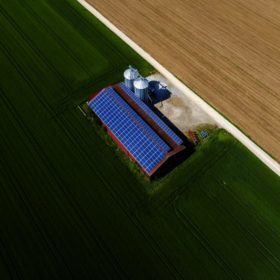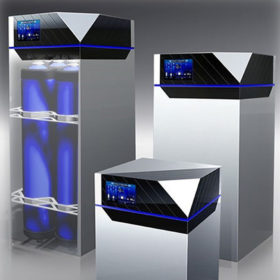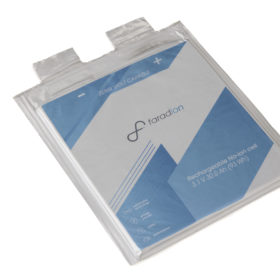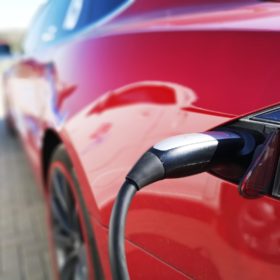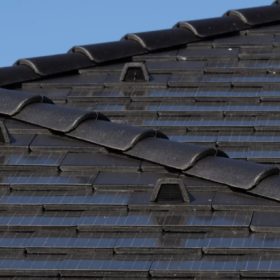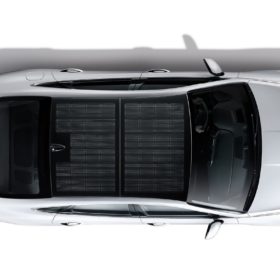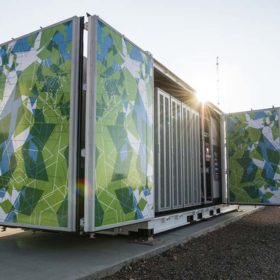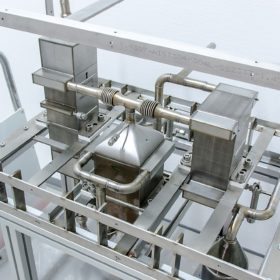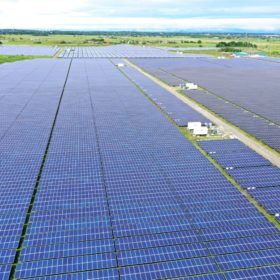Italy offers €1.5 billion of rebates for PV in agricultural buildings
The Italian government hopes to deploy 375MW of PV capacity via a new rebate scheme. The funds will be provided through the post-Covid recovery plan.
Cathode formation issue could drive improvements in battery resiliency
Researchers at the Argonne National Laboratory have discovered a degenerative effect in the creation of cathode materials for sodium-ion batteries that could have significant impacts on the performance of sodium-ion batteries.
Toyota develops new module to store, transport hydrogen
Japanese automaker Toyota has used its hydrogen tank tech in a new module to expand hydrogen storage to railways, shipping facilities, cargo ports, and fuel cell generators. Its 70MPa tank has a storage capacity of 2.7 kg to 18.7 kg and a tank mass ranging from 43.0 kg to 243.8 kg, depending on the size.
The weekend read: Sodium-ion batteries go mainstream
Sodium-ion batteries are emerging as a viable alternative to lithium-ion technology. Industrial heavyweights CATL and Reliance Industries, following the acquisition of UK-based sodium-ion specialist Faradion, are bent on bringing the technology out of the lab and into mass production. Against a backdrop of soaring prices and predicted shortfalls of lithium-ion battery materials, sodium-ion chemistry has never been more tantalizing.
The mobility rEVolution: Quantum physics-based tech to cut EV charging time to nine seconds
In other news, StoreDot’s extreme fast charging EV technology gets one step closer to commercial viability and Volkswagen resumes European production. Moreover, Japanese carmakers are gearing up to claim their share of the European EV market.
Hungarian start-up launches solar tile with output of 167W per m²
Developed by Hungarian manufacturer Terràn, the Generon solar tile is based on concrete support and weighs is in at 5.7kg.
Hyundai Sonata hybrid is equipped with a solar roof
The 205W PV array adds nearly 1,000 miles of range each year and helps prevent battery discharge events that are responsible for four out of every ten roadside emergency breakdowns.
Developing better behind-the-meter energy storage
NREL researchers work on developing high energy density cells to advance stationary storage.
The Hydrogen Stream: New tech to convert hydrogen into methanol for transportation
China presented on Mar. 23 its first long-term plan for hydrogen, targeting production of green hydrogen between 100,000 and 200,000 tonnes per year by 2025, while India and Japan have agreed to expand the scope of their energy collaboration to cover solar power, clean hydrogen, electric vehicles, and battery storage. Furthermore, French gas giant Air Liquide said it want to increase research investments in hydrogen mobility and heavy-duty mobility and German electrolyzer manufacturer Sunfire raised a total of €86 million to expand its manufacturing capacity.
Philippines sets ceiling price of $0.069/kWh for upcoming renewables auction
The ceiling price for PV was the lowest among the four renewable energy technologies eligible to compete in the procurement exercise.
